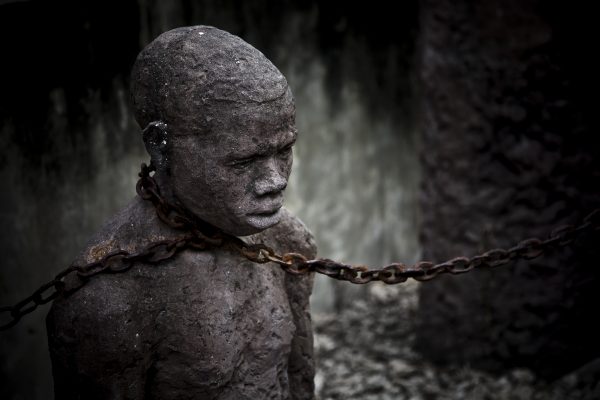The mercy of the Prophet Muhammad (PBUH) was on another level, as displayed in this short story from when he (PBUH) visited Tai’f for dawah.
The mercy of the Prophet Muhammad (PBUH) was on another level, as displayed in this short story from when he (PBUH) visited Tai’f for dawah.
A Muslim is required to emulate the conduct of Prophet Muhammad (PBUH). The commemoration of the birth of Prophet Muhammad (mawlid) calls to mind the individual whom Allah, the Highest, fashioned as an expression of compassion for the entirety of creation (rahmatan li al-‘alamin). The struggle that Prophet Muhammad waged was not a simple one; rather, it occurred on a route that was steep, difficult, and convoluted.
The disbelievers of the Quraysh clan were never satisfied with the da’wah (preaching) of the Prophet Muhammad. They never stop looking for new ways to halt the Prophet’s da’wah, beginning with physical assault, demeaning remarks, and even foul language. In doing so, they attempt to impede the growth of Islam. Even further, they insinuate that they will not hesitate to place thorns on the roads that the Prophet frequently visits. In other words, they will do all it takes to obstruct his travels.
After the death of Abu Talib, the disbelievers of Quraish were increasingly rebellious towards the Prophet. This conduct was a direct consequence of Abu Talib’s death. In addition to this, the Prophet intended to depart Mecca and travel to Ta’if. He has extremely high expectations that the people in the town would accept his offer to convert to Islam and, consequently, support him and the cause he is fighting for. The Prophet travelled to Ta’if with his adoptive son, Zaid bin Harithah. It is said that when the Apostle travelled through the territory of Taif, the inhabitants of Taif pelted him with stones as he passed through their city. The episode on the day of ‘Aqaba, according to Urwah bin Zubair’s narrative, was no more sad than what happened at Taif and the Battle of Uhud. At that time, the Prophet visited Ibn ‘Abd Yaaliil bin ‘Abd Kulal, but Ibn ‘Abd Yaaliil did not wish to fulfil the Prophet’s expectations. As a result, the Prophet left him in a state of anxiety, which he did not realize until he reached Qarnits Tsa’alib. The Prophet raised his head and discovered that he was surrounded by a cloud; it turned out that the angel Gabriel was above him. Aisha narrates what happened in Sahih Bukhari:
Have you encountered a day harder than the battle of Uhud?” The Prophet, peace and blessings be upon him, said, “Your tribes have troubled very much, and the worst was the day of Aqaba when I presented myself to Ibn Abd Yalail ibn Abd Kulal and he did not respond to what I intended. I departed, overwhelmed with excessive sorrow, and I could not relax until I found myself at a tree where I lifted my head towards the sky to see a cloud shading me. I looked up and saw Gabriel in it. He called me saying: Allah has heard your people’s saying to you and how they have replied, and Allah has sent the Angel of the Mountains to you that you may order him to do whatever you wish to these people. The Angel of the Mountains greeted me and he said: O Muhammad, order what you wish, and if you like, I will let the mountains fall on them.” The Prophet said, “No, rather I hope that Allah will bring from their descendants people who will worship Allah alone without associating partners with him.”
The Prophet categorically declined the angel’s offer. The Prophet had no intention or desire to pursue revenge for the wrongs committed against him. Instead of seeking vengeance, the Apostle prayed for those responsible for wrongdoing. He had high hopes that the descendants of those who had inhabited Taif would worship Allah without associating Him with any religious or partners.
In the contemporary day, however, there are still those who attack and harm one another for no apparent reason. In addition to wrongs committed by individuals against others, violence against women and children, crime in all fields, and conflicts occur frequently. Similarly, as a result of crime in the streets and even in the sporting arena, individuals become more hostile. It is not love that is being promoted; rather, folks are involved in strife, spreading slander against one another and propagating hoaxes.
The Apostle possesses a character that is excellent and honourable. No one can match the values that he embodies. Even though we are unable to entirely adhere to the Prophet’s morals, as his people, we strive to continually develop our morals in accordance with his directions. Despite the fact that we are unable to adhere to his values flawlessly. Let’s collaborate to foster love, let go of resentment, and weave together a sense of oneness. Any sort of unfairness, hatred, or hostility directed towards a third party must be vigorously condemned.





